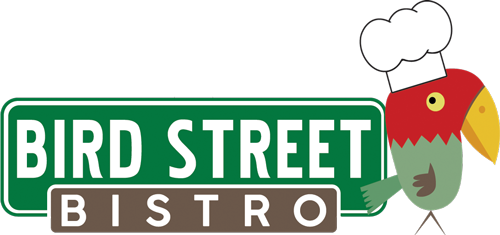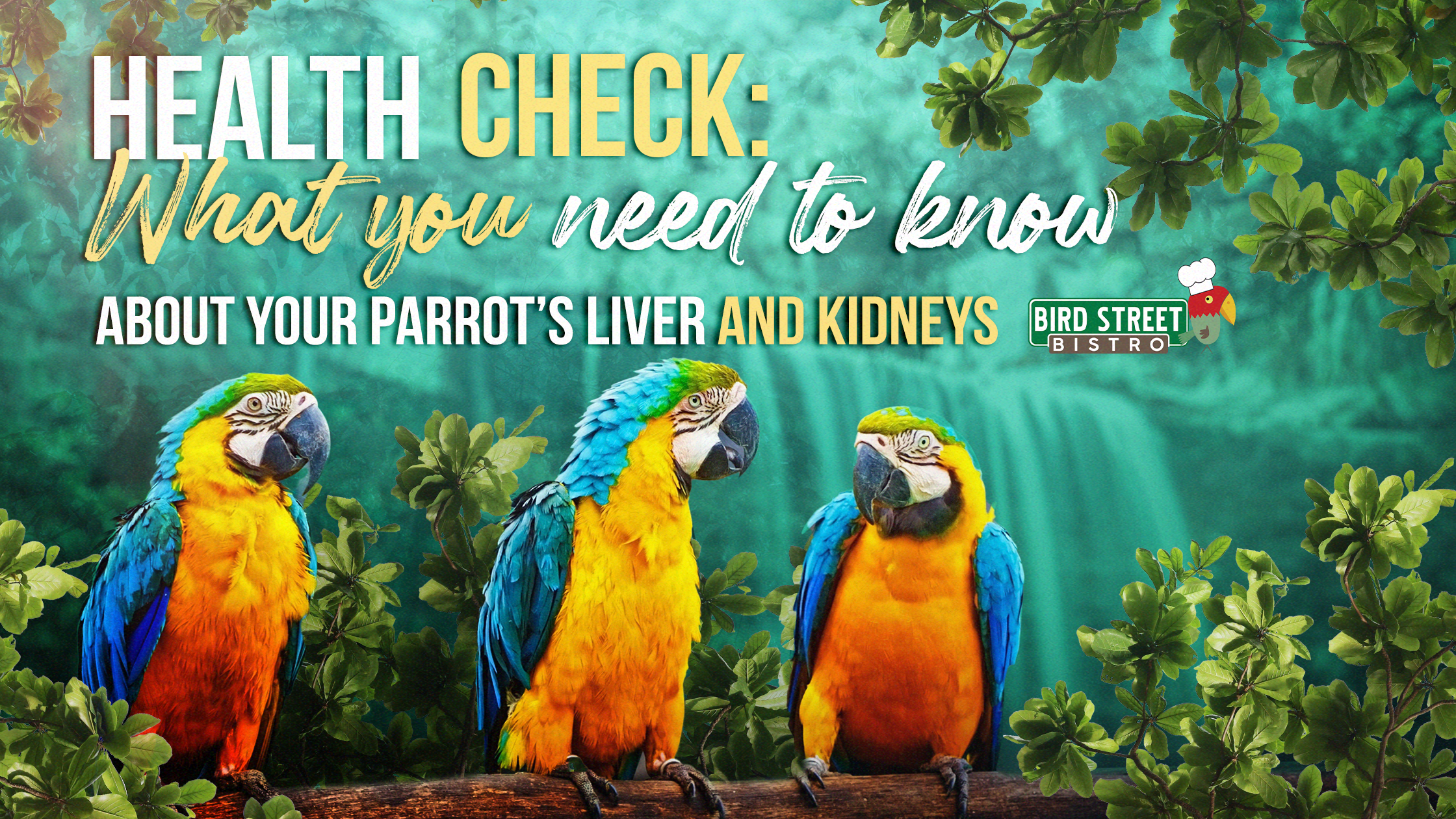Parrot Blog
Filter by
All topics
10 essential rules in parrot care
african grey
african grey molting
african grey parrot care
amazon parrot
amazon parrot diet
amazon parrot food
amazon parrot handbook
Amazon Parrot Species
art
best parrot food
bird evolution
bird food
bird food parrot treats
bird hormones
Bird Safe Wood
bird street bistro
bird veterinarian
birds and cats
birds and dogs
Bond with Parrots
budgie
burdgie
caring for cockatoos
Choosing a Parrot
cockatiel
cockatiel bird food
cockatiel molting
cockatoo
cold-pressed pellets
Color Mutations
Colorful Parrots
conure
conures
cooked parrot food
cooking food for parrots
corvids
cost of a parrot
cost of parrots
Deforestation
dinosaurs
Endangered Species
extruded diet
extrusion
feather damaging behavior
feather plucking
feathers
fresh food
good food for birds
Healthy Parrot Bonds
healthy parrot food
healthy parrots
healthy pet bird
Holidays
how to choose an avian vet
how to find my parrot
how to take care of a pet bird
indian ringneck parakeet bird food
Kakapo Parrot
Lost bird
Lost parrot
loud parrots
lovebird food
macaw
Macaw food
macaw molting
Night Parrot
noisy parrots
Online Community
organic african grey food
organic macaw food
organic parakeet food
organic parrot food
parakeet
parakeet care
parakeet facts
parakeet food
parakeet molting
parakeets
Parrot Accessories
Parrot Adoption
Parrot Advice
parrot and cats
Parrot and dogs
Parrot and Other Pets
parrot and owner bond
Parrot art
Parrot Behavior
parrot bonding
Parrot bonds
Parrot Breeding
parrot care
parrot care cost
parrot care list
parrot chop
Parrot Colors
Parrot Communication
Parrot Conservation
parrot cost
parrot dangers
parrot diet
parrot diseases
Parrot Education
Parrot emergency
Parrot Enrichment
parrot evolution
Parrot Fear
Parrot Feathers
Parrot First Aid
Parrot flight
parrot food
parrot food bowl
parrot food bulk
Parrot Food Cooking
parrot food organic
parrot food pellets
parrot food to avoid
Parrot Foster
parrot fostering
parrot fright
Parrot Gifts
parrot gut health
parrot handling
parrot health
Parrot History
parrot hormones
Parrot Intelligence
parrot kidney problems
parrot language
parrot liver problems
parrot love
parrot mash
parrot mash food
parrot medication
Parrot minerals
parrot molting
Parrot Myths
Parrot News
parrot noise
parrot noise levels
parrot nutrition
Parrot Owner Bond
parrot ownership
parrot pellets
Parrot Perches
Parrot Products
parrot relationships
Parrot Rescue
parrot research
Parrot Safety
Parrot Sanctuary
parrot seed
Parrot Sleep
Parrot Sounds
parrot talking
parrot tea
parrot toys
parrot training
parrot tricks
parrot vitamins
Parrot Wings
parrots and covid
parrots and covid-19
Parrots and Guests
Parrots in Cities
pellet diet
pet bird food
Pet emergency
Pet Parrots
probiotics
questions to ask an avian veterinarian
scared bird
scared parrot
seed junkie
Social Media
stressed parrot
Sun Conure
talking parrot
talking parrot repeats what you say
Thanksgiving
toy
training
Vitamins and Minerals for Parrots
Volunteering
What Are Parrots Scared Of
What does it mean when a Parrot is molting
What Parrot Food Should I Feed My Bird?
wild budgies
wild cockatiels
Wild Parrots
Wing clipping
yellow nape amazon
The Vitamins and Minerals Parrots Need to Stay Happy and Healthy for Life!
By Bird Street Bistro
December 10, 2020
Read more
Eight Truths Every Dedicated Bird Owner Knows
By Bird Street Bistro
November 19, 2020
Read more
WHAT TO DO: When Your Bird is Lost
By Bird Street Bistro
November 2, 2020
Read more
What To Do and What Not To Do When a Parrot Bites
By Bird Street Bistro
November 2, 2020
Read more
Health Check: What You Need to Know About Your Parrot's Liver and Kidneys
By Bird Street Bistro
October 8, 2020
Read more
The Cost of a Parrot: The Fee for Free
By Bird Street Bistro
August 20, 2020
Read more
Should Parrot Food Be Organic?
By Bird Street Bistro
July 31, 2020
Read more
5 Fascinating Facts About Parakeets
By Bird Street Bistro
June 21, 2020
Read more
Basics on Handling and Training Your Parrot
By Bird Street Bistro
April 10, 2020
Handling and training your parrot are excellent ways to bond. Your feathered friend will see tricks and trained behavior as socially bonding and interacting, like hanging out and playing with friends.
Read more
Use left/right arrows to navigate the slideshow or swipe left/right if using a mobile device
![]()
![]()
![]()
![]()
![]()
![]()
![]()
![]()
![]()










